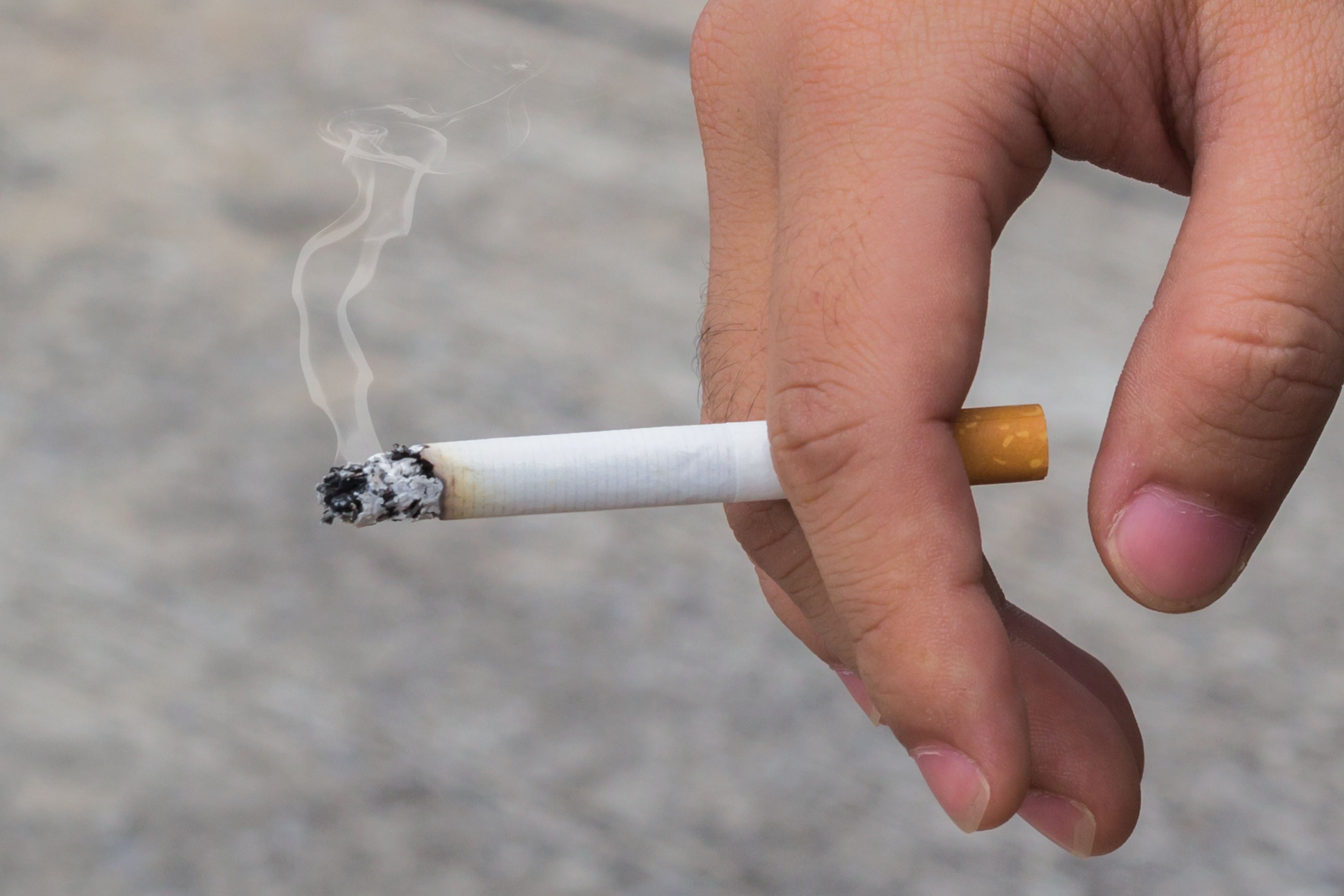
Illicit trade in tobacco products undermines global tobacco prevention and control interventions, particularly with respect to tobacco tax policy. From a public health perspective, illicit trade weakens the effect of tobacco excise taxes on tobacco consumption - and consequently on preventable morbidity and mortality - by increasing the affordability, attractiveness, and/or availability of tobacco products. Furthermore, tobacco illicit trade often depends on and can contribute to weakened governance.
Contrary to tobacco industry arguments, raising tobacco taxes is not the primary cause of illicit trade. Accumulated evidence indicates that the illicit cigarette market is relatively larger in countries with low taxes and prices, while relatively smaller in countries with higher cigarette taxes and prices. Non-price factors such as governance status, weak regulatory framework, and the availability of informal distribution networks appear to be far more important factors.
A new report, Confronting Tobacco Illicit Trade: A Global Review of Country Experiences, prepared in collaboration with a multisectoral team across different institutions shows that reducing illicit trade in tobacco products is critical from the perspective of public health, public finance, governance, or equity.
This publication presents country and regional case studies, covering over 30 countries across the income and development spectrum, detailing their illicit tobacco trade context, legal and policy frameworks, enforcement strategies, progress achieved, lessons learned, and recommendations regarding further strengthening illicit trade control. In response to demand from government officials and other partners, this report provides practical input and guidance on how to address illicit tobacco trade based on diverse country experiences. This publication also summarizes the good practices and recommendations that emerge from the country cases, and draws on guidance from the WHO Framework Convention on Tobacco Control’s (FCTC) Protocol to Eliminate Illicit Trade in Tobacco Products, as well as from the European Union (EU) and the International Monetary Fund (IMF).
Key messages from this report include the following:
- Tobacco taxes play only a minor role in illicit trade. Addressing illicit trade and raising tobacco taxes consequently should be viewed as mutually reinforcing actions.
- To reduce illicit trade in tobacco products, it is both crucial and feasible for all countries to strengthen tax administration and enforcement. There is growing experience and agreement on the package of steps needed to do so, as outlined in this report.
- The strengthening of tax administration and tobacco tax reform should be viewed as complementary. These actions reinforce each other in helping countries to reduce preventable morbidity and mortality and in increasing public revenues.
Countries reporting significant progress in the control of illicit tobacco trade took some key actions which helped drive their success. They included:
- Understanding the causes, drivers, and types of illicit trade in tobacco products: The country cases strongly confirm that the most important determinant in illicit trade of tobacco products is tax administration. Countries as different in levels of economic and institutional development as the UK, Kenya, and Georgia all have successfully improved the effectiveness of their tobacco tax administration and, by doing so, reduced tobacco illicit trade while increasing tobacco taxes and tobacco tax revenues.
- Strengthening country data, analysis, planning, and implementation processes and avoiding reliance on tobacco industry-generated data: The case studies clearly demonstrate the importance of reliable data, analysis, planning, capacity development, accountability, monitoring, and implementation oversight. The case studies especially from Colombia, Australia, Georgia, and Malaysia confirm prior findings that the tobacco industry regularly overstates levels and changes in illicit tobacco trade to oppose tobacco tax reforms.
- Building inclusive, political coalitions against illicit trade in tobacco products: Successfully implemented country strategies require enlisting support at top levels of ministries and governments, as well as building alliances with key stakeholders in civil society, as emphasized in the Kenya, UK, Georgia, Colombia, and Bangladesh experiences.
- Working across sectoral silos: The Australia, Mexico, and Bangladesh case studies highlight that successful, strong programs to combat illicit trade and implement tobacco tax reform requires active and coordinated support from numerous ministries/government agencies, among other partners (ideally, ministries of finance, trade, industry, foreign affairs, justice, interior, customs, education, and health, in addition to civil society and the media)
- Addressing illicit trade as an integral part of tobacco tax reform and overall tobacco control: In every case study where there was a significant tax or price increase, there was a resultant increase in government revenue and (where data was available) a decrease in smoking prevalence.
In September 2018, the WHO FCTC Protocol to Eliminate Illicit Trade in Tobacco Products entered into force, providing comprehensive norms and a framework for global cooperation. This report makes clear how countries are leading the charge to eliminate illicit trade in tobacco and reduce tobacco-related morbidity and mortality.


Join the Conversation